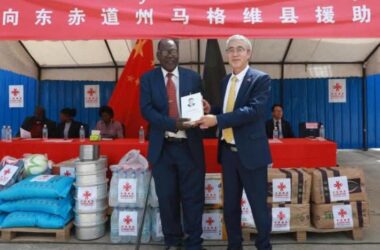By Ijoo Bosco
Eastern Equatoria State authorities have called on developmental partners to ensure inclusive service delivery across all areas of the state while avoiding duplication of efforts in the same areas.
This call was made during a one-day partner coordination forum held in Torit over the weekend.
Deputy Governor, Mary Alfonse Lodira, while addressing attendees, mentioned that many areas in the state remain underserved due to negligence by some developmental partners.
She criticized certain organizations for consistently submitting project proposals that focus solely on specific locations, leaving other communities without essential services.
“The state government will soon implement strategies to guide developmental partners on where they should operate, as we are aware of the heavy concentration of services in certain locations,” Lodira stated.
She stressed the need to address service gaps, particularly in education and water, citing the example of Lowoi, where children face barriers to accessing school due to distance, lack of water, and safety concerns.
“Children in Lowoi don’t attend school because it’s too far, and they risk abduction while fetching water. We must collaborate to find ways to reach these nearby communities,” she urged.
While I may not always be visible, I am aware of the activities and projects being proposed. It is the government’s role to guide where organizations should operate, not the other way around.”
In his part, State Governor Louis Lobong Lojore also addressed the forum, encouraging developmental partners to extend their services to vulnerable and needy communities throughout the state.
He reiterated the importance of avoiding duplication of support in the same areas.
“The Deputy Governor raised valid concerns about our outreach efforts,” he said. “We acknowledge the limited resources and fatigue within the donor community. There have been questions regarding food security, particularly the claim that only two counties are adequately supported. We need clarity from the Relief and Rehabilitation Commission (RRC) on how many NGOs are actually assisting with food security in Eastern Equatoria and where they are operating.”
Lobong further urged partners to diversify their support efforts.
“If we find two or three organizations working in the same area on similar projects, we will ask them to redirect their efforts elsewhere. It’s up to you to accept this guidance or reconsider your operations in Eastern Equatoria. We cannot continue in this manner,” he added.



